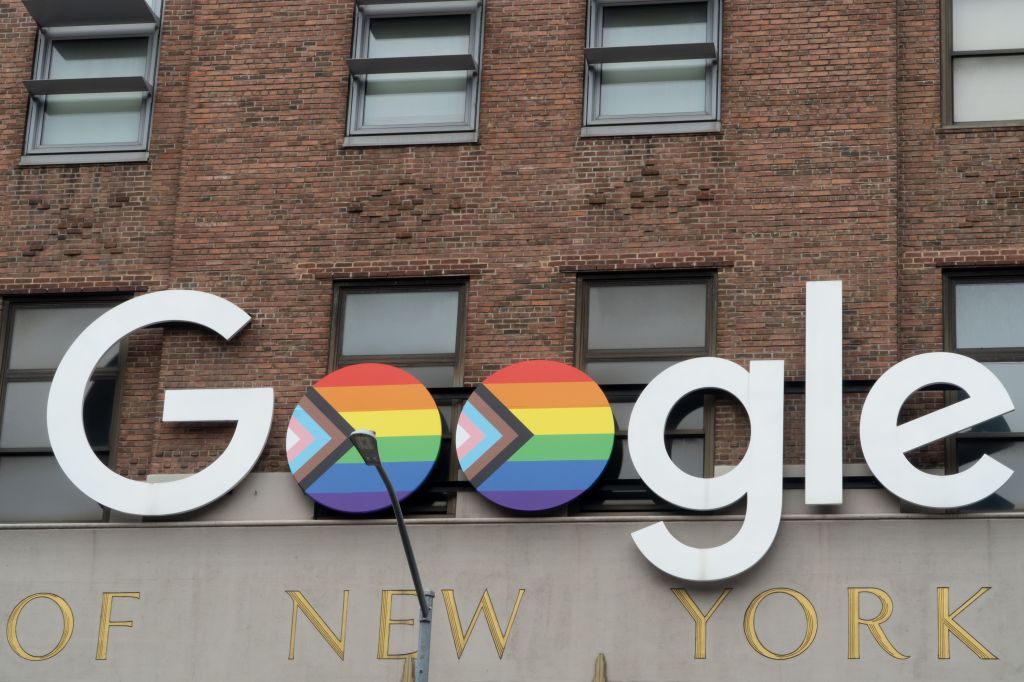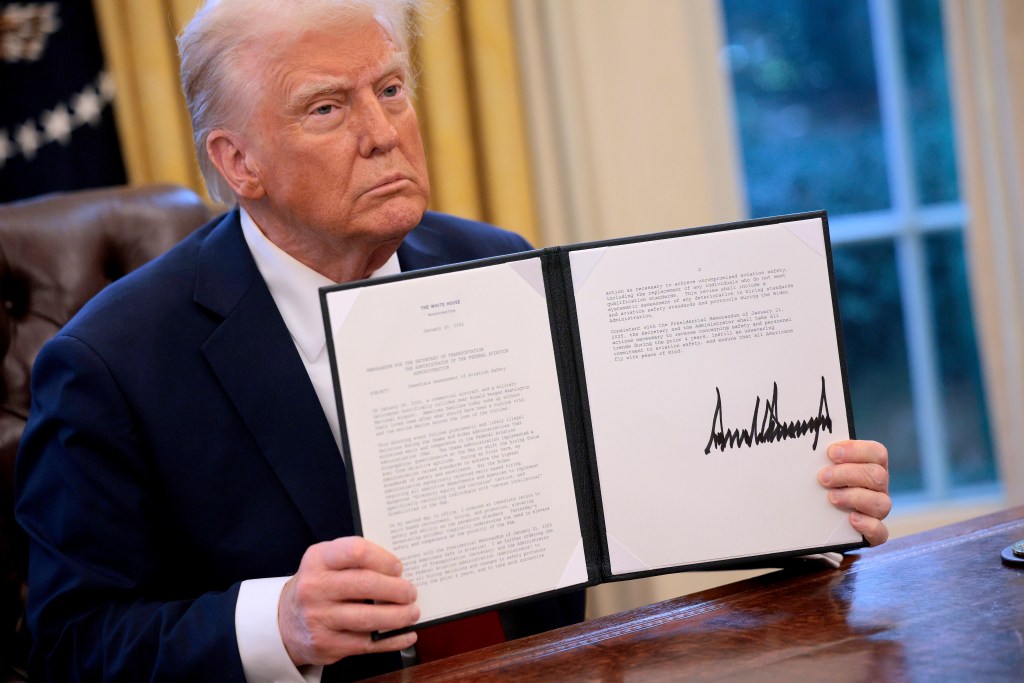Google scraps diversity recruitment goals in wake of Trump’s executive orders

Google is rolling back on DEI. (Harold Feng/Getty Images)
Tech giant Google is scrapping its goals to recruit staff from minority groups, and reviewing diversity policies, making it the latest US firm to end diversity, equality and inclusion (DEI) programmes.
Following the murder of George Floyd at the hands of American police in 2020 and the Black Lives Matter protests that followed, Google set targets to increase “leadership representation of underrepresented groups” by 30 per cent, namely among Black and Latino people. At the time, about 96 per cent of Google’s US-based leaders were white or Asian and close to three-quarters globally were men.
Between 2021 and 2024 Google, owned by Alphabet, gave updates on these goals in its annual reports and said it was “committed to making diversity, equity and inclusion (DEI) part of everything we do, and to growing a workforce that is representative of the users we serve”.
That line was absent from the most-recent report, released on Wednesday (5 February).
On the same day, as reported by The Wall Street Journal (WSJ), Google sent an email to employees outlining that the company was no longer setting hiring targets to improve workforce representation.
“In 2020, we set aspirational hiring goals and focused on growing our offices outside California and New York to improve representation,” Fiona Cicconi, Alphabet’s chief people officer, said in the email which was quoted by Reuters and the WSJ.
“We’ll continue to invest in states across the US, and in many countries globally, but in the future we will no longer have aspirational goals.”

The email went on to say that Google was reviewing DEI programmes, grants and policies which “raise risk or that aren’t as impactful as we’d hoped”, as well as taking into account executive orders issued by president Donald Trump and “evaluating changes to our programmes required to comply”.
However, resource groups for minorities within the company will continue. There are 17 employee resource groups which have more than 50,000 members, according to the company’s website.
“Google has always been committed to creating a workplace where we hire the best people wherever we operate, create an environment where everyone can thrive and treat everyone fairly. That’s exactly what you can expect to see going forward,” Cicconi added.
A spokesperson for the firm said: “We’re committed to creating a workplace where all our employees can succeed and have equal opportunities, and over the [past] year we’ve been reviewing our programmes designed to help us get there.
“Our teams are also evaluating changes required following recent court decisions and executive orders on this topic.”
Alphabet Workers Union (AWU) president Parul Koul said the changes were “a real attack on gains that workers have made in the tech industry through movements fighting against racism, gender and LGBTQ discrimination, going all the way back to the civil rights movement”.
She went on to say: “This is part of a troubling right-wing, anti-worker trend developing within tech companies that AWU is committed to fighting against.”

Amazon and Meta announced last month that they were axing their DEI policies.
Meta blamed changes to the “legal and policy landscape” for the move. The decision came just days after chief executive Mark Zuckerberg announced that the company’s social media platforms would no longer moderate comments on topics such as immigration and gender and would end the independent fact-checking programme, moving instead to a community notes system.
Employees at Amazon were told the company was “winding down outdated programmes and materials”. In a memo to staff, inclusive experiences and technology vice-president Candi Castleberry said: “Rather than have individual groups build programmes, we are focusing on programmes with proven outcomes. We also aim to foster a more truly inclusive culture.”
A number of well-known brands have also distanced themselves from DEI, including Ford, Lowe’s Walmart, Harley-Davidson and Jack Daniel’s, in the face of campaign of conservative campaign led by right-ring pundit Robby Starbuck.
Share your thoughts! Let us know in the comments below, and remember to keep the conversation respectful.
How did this story make you feel?

